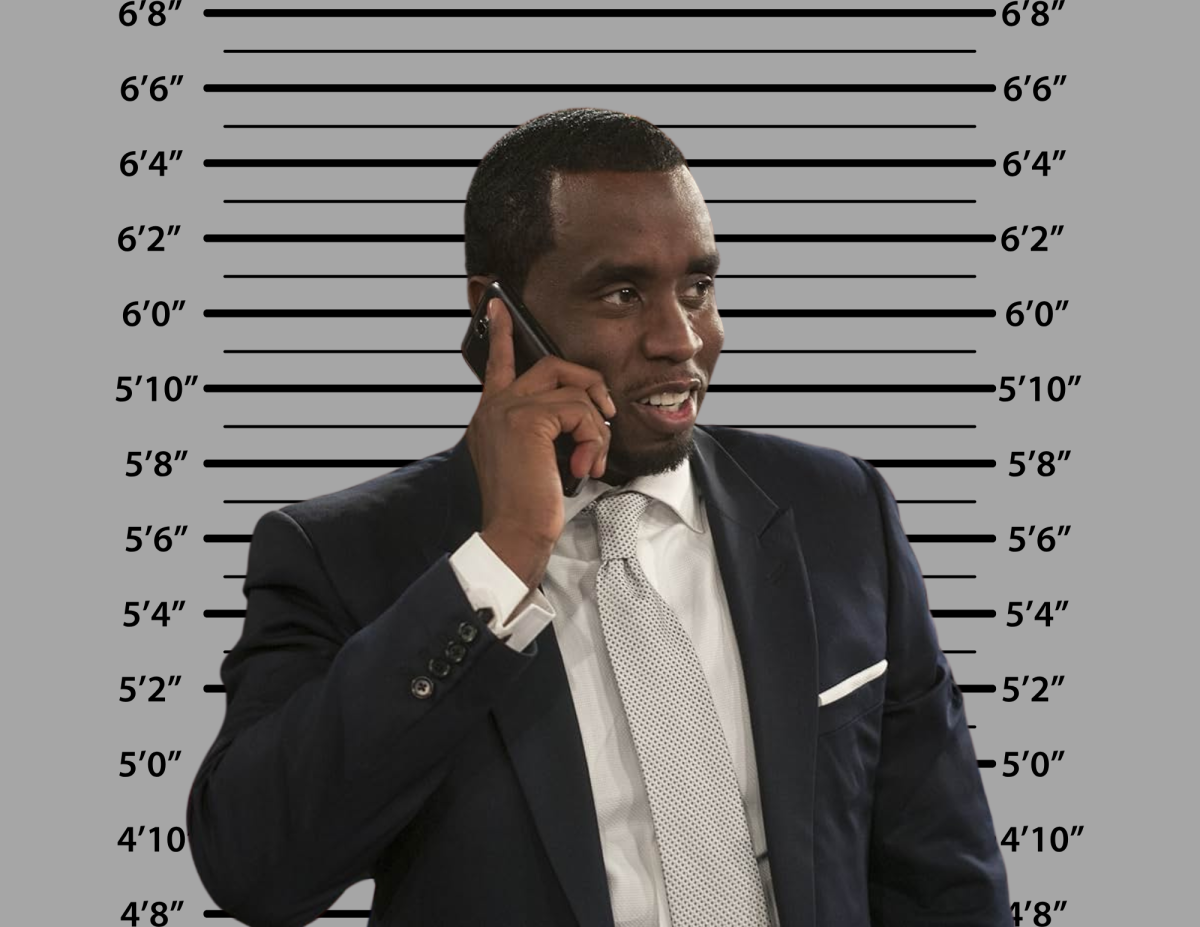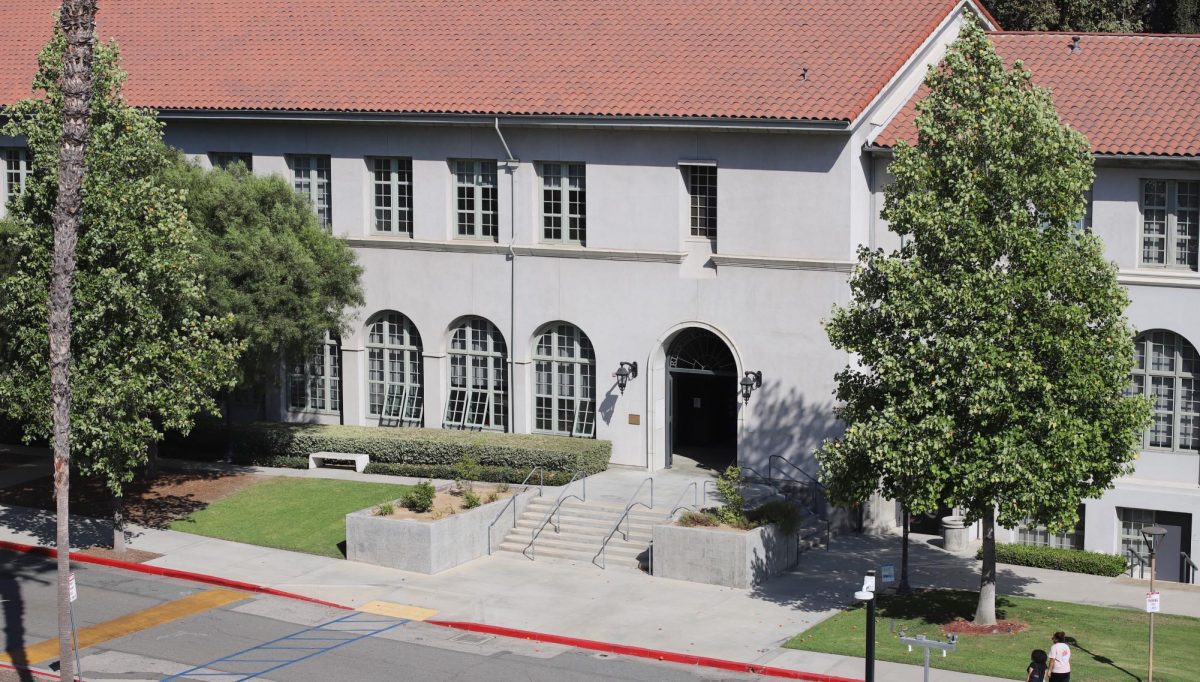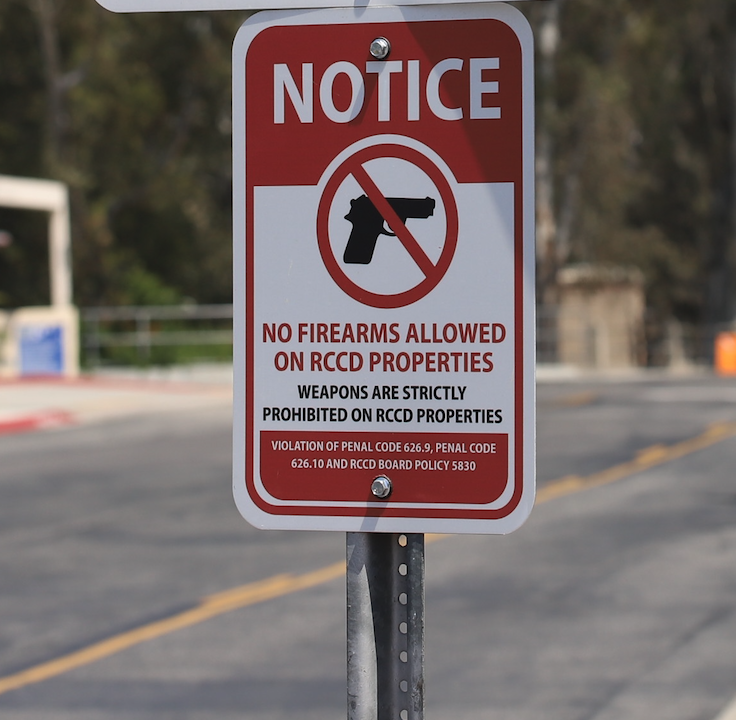Vaccinations have become a topic of intense, unnecessary debate that has taken away from the main point: vaccinations save lives.
A popular, and dangerous, myth about vaccinations is that they cause autism. This idea originated in 1998 when a British doctor named Andrew Wakefield claimed he found a link between autism and the MMR (Measles, mumps and rubella) vaccine in his study of just 12 people. His data was later found to be falsified, which led to the retraction of the paper and the loss of his medical license.
It was too late. Once this idea was put out to the public, it stuck and has been causing avoidable damage ever since.
This myth has led to 18 states in the United States passing legislation that permits parents to exempt their children from vaccinations for philosophical reasons.
While California is thankfully not one of these states, our state has proven to not be invincible to outbreaks.
The last large outbreak of measles in California was associated with Disneyland and occurred from December 2014 through April 2015, when at least 131 California residents were infected with measles. The outbreak also infected residents of six other states, Mexico and Canada.
This is not an isolated incident and public health officials would be the first to agree.
Last month, the California Department of Public Health alerted doctors and other medical providers to be on the lookout for measles in their patients, due to the fact that 43 people have caught the disease in Washington and one more in neighboring Multnomah County, Oregon. In New York, almost 210 people have had the illness since October.
We, the Viewpoints Editorial Board, believe that ignoring the scientific evidence will only lead to a country-wide health crisis that will impact not only the population at large but also the medical successes our country has been privileged to enjoy.
The United States is a high-income country and while we should all be grateful for this fact, it also contributes to the idea that vaccinations are important because our population is simply not used to seeing cases of these diseases. Unlike, for example, Ukraine, which had 30,338 cases of measles in 2018 alone, according to the United Nation’s World Health Organization.
A recent study, and the largest of its kind, released March 4 found no evidence to even suggest that MMR increases the risk of autism.
In the study, researchers analyzed data collected from 657,461 Danish children and found that only 6,517 of those children were diagnosed with autism over the following decade. However, this is not seen as grounds to state that there is an increased risk compared with those who had not gotten the vaccine.
Anyone with false reasons to flout established science will still do so, there is no question of this. The problem is, when it comes to vaccines one person’s choice affects everyone else’s health. Measles was once considered eliminated in the United States, but now it’s back and we are to blame.


















